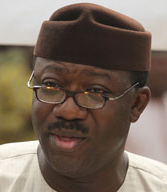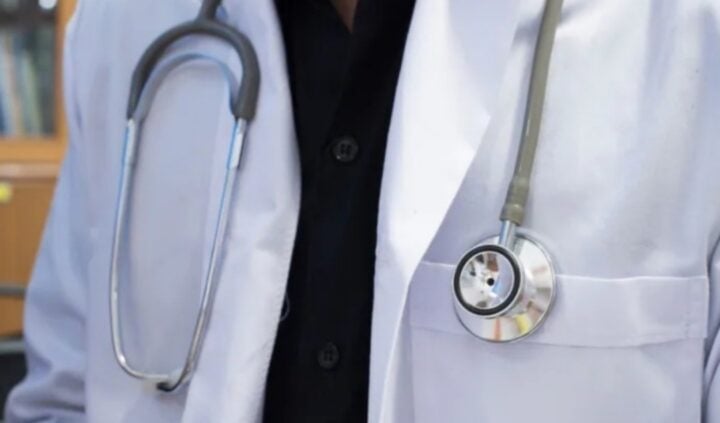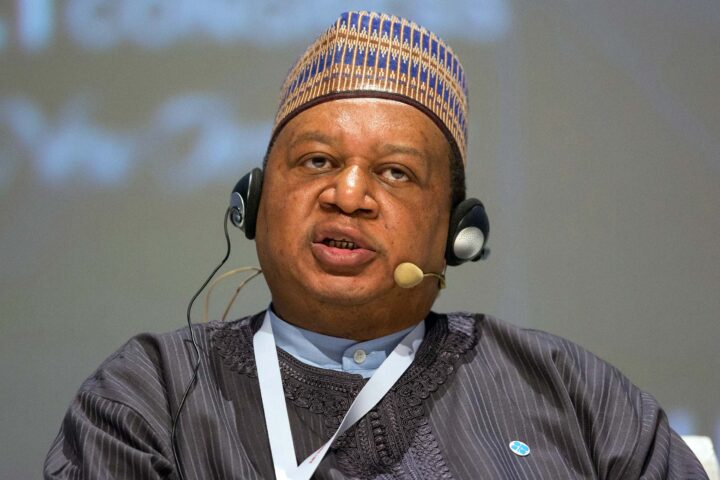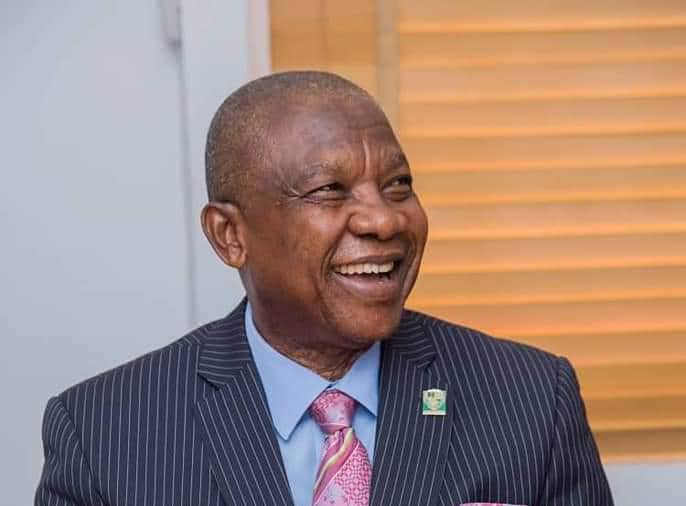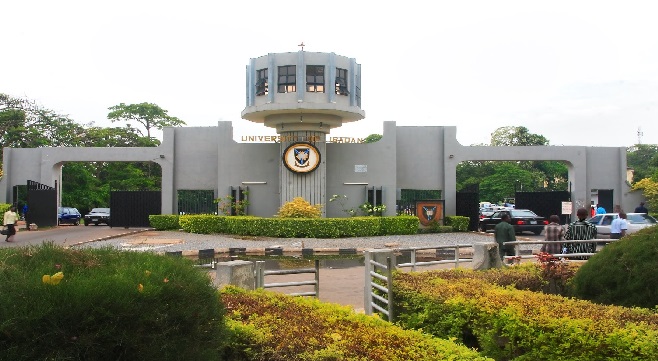One of the most serious consequences of our history of military intervention in governance is the widespread scepticism about public sector leadership and the politicization of the civil service that has been seeded into the national psyche.
It is the popular belief that the civil service has long lost its lustre and all its practitioners have become carrots of patronage. And yet even if many civil servants on our shores have earned well-deserved reputations for dishonour, painting the entire civil service with such sordid colours, is an unfair generalization. There are men and women of principle and competence who served in the civil service without blemish – one of such exemplars being the quintessential administrator, Ahmed Joda who passed away on August 13, 2021.
Joda was one of the best and brightest civil servants with compelling character in the post-civil war era. He belonged to the early generation of public servants who placed greater emphasis on competence over charisma, substance over style, and results over rhetoric. It was the era of absolute concentration of energy and grit on nation building which led to evident productivity and steady progress for our country. They bequeathed to succeeding generations, the tradition they equally inherited from their forebears and exemplified values such as accountability, brilliance, courage, decency, empathy, and frugality which became the building blocks for our nation.
I was privileged to know him and closely observe him demonstrate raw patriotism and courage of conviction when I served under him in 2015 as the Director, Policy Research and Strategy of the 19-member Transition Committee tasked with liaising with counterparts from the Jonathan administration to ensure a smooth transition to the current administration. It was during this assignment that I encountered and forged a much treasured friendship with late Ahmed Joda. I found him to be a personable, deeply religious, humble, and thoughtful individual, who was fiercely committed to a progressive and egalitarian nation. As Chairman of the committee, he tackled his assignment with immense cerebral acuity, diplomacy, and moral authority, and was a good listener who respected the opinions of others, regardless of differing ethnic and religious backgrounds.
Advertisement
Born in Yola, Adamawa State, on February 13, 1930, Joda attended Yola Elementary School and Yola Middle School before proceeding to Barewa College, Zaria from 1945 to 1948. He had a brief stint working with Moor Plantation in Ibadan before venturing into journalism at Gaskiya Corporation, Zaria. He departed to Pitmans College, London to further his education in journalism from 1954 to 1956. Upon completion of his study, he returned to work with the Nigerian Broadcasting Service as a correspondent from 1956 to 1960. He rose to the position of Chief Information Officer with the Northern regional government, and later as Permanent Secretary from 1962 to 1967.
Sequel to the outbreak of the Nigerian Civil War in 1967, Joda was seconded to the Federal Civil Service as a Permanent Secretary serving in the federal ministries of Information, Education, and Industries. Historians place the contributions of the civil service from 1966 to 1975 when the nation fought a civil war and steered itself towards recovery and reconstruction as remarkable. It was during this time that Joda alongside other bureaucrats such as Simeon Adebo, Philip Asiodu, Liman Ciroma, and Alison Ayida earned the sobriquet “Super Permanent Secretaries” by which they became famously known during the administration of General Yakubu Gowon. This was regarding their prowess, successes, and strategic role in driving the public service as the engine of governance and the fulcrum of policy implementation during the darkest period of our nation’s history.
In the absence of civil authorities and with the military leaders as opposing protagonists, it fell on the leaders of the federal civil service to articulate and defend the ideal of ‘One Nigeria’. Though Joda’s visible activism and advocacy in favour of the federal union gave him a higher profile in the national consciousness than he had ever enjoyed, he remained an impartial patriot seeking to serve to the best of his abilities and contribute to preserving a social order threatened by centrifugal tensions. Yet beneath the gentle exterior of his petite frame lay the man Joda himself: a fiercely courageous, truthful, intrepid, and industrious administrator. He won the respect and admiration of both his colleagues and superiors for his reputation and moral stature to act as an arbiter during a time of national distress and uncertainty.
Advertisement
He retired in 1978 and ventured into private business where he served as chairman and board member of various companies in Nigeria. As an institutional builder, he was instrumental to the growth of the Nigerian National Petroleum Corporation (NNPC), Nigerian Communications Commission (NCC), Pastoral Resolve (PARE), SCOA Nigeria PLC, Chagoury Group, Flour Mills of Nigeria PLC, and the Nigerian LNG Limited (NLNG). Joda was never cynical in his pursuit of change and transformation. He demonstrated throughout his career a broad outline for extricating ourselves from the present transactional politics to a future of transformational ethos.
He showed in his exemplary way that it is possible to develop the delivery capacity within public and private sectors to take a proposal and translate from a bright idea into a truly tangibly transformative policy with material consequences. Even in his latter years, he was very agile as he traversed the length and breadth of the country to speak on the need for a conciliatory spirit sharpened by empathy and lasting peace through fair accounting, justice, and healing. He never hesitated to put his professional competencies and counsel at the disposal of those who, in his keen consideration, held a promise of delivering on the mandate of the people.
About three years after our memorable engagement, I had a public disagreement with the House of Representatives over the plans to concession Ajaokuta Steel Complex when I was serving as Minister of Mines and Steel Development. The National Assembly at that time had publicly criticised our concession plans and vowed to resist the process. I found their position surprising because all we had done was to commence the process of implementing the concession that they approved.
Joda called me up after my rather tough statement that I was ready to give Ajaokuta Steel Complex to any serious investor who could come up with a workable plan to turn the white elephant into an industrial behemoth. He advised that we make the bidding process open and transparent, and encouraged me to pursue my conviction without minding the criticisms. If we had succeeded in doing that, perhaps the Ajaokuta challenge would have been resolved by now.
Advertisement
From the trajectory of the life of men like Ahmed Joda, it is apparent that Nigeria worked when the civil service worked. The country’s unfortunate reputation as a place where institutions don’t function optimally corresponds with the era of the civil service’s decline. We must therefore rediscover the role of the civil service as the creative hub of policy-making and implementation – the brains thrust of government and the custodian of institutional memory. We must restore a missionary sense of purpose to the public service – to get civil servants to see their work once again as serving at the altar of a transcendent purpose.
The greatest tribute we can pay the departed patriot is to ensure that the stock of human resource of the civil service is replenished with administrators of his stature – those single-mindedly dedicated to achieving policy objectives and delivering good governance. For Ahmed Joda, only a public service led and populated by our best and brightest can justly and efficiently provide the public goods such as education, healthcare and housing that will achieve the developmental aspirations of our people.
His passage marks the departure of one of the great voices of reason, frugality, and sobriety in our society, arguably at a time when the polity needs these traits the most. We can only hope that inspired by his example, our generation and the ones behind us will rise in his stead.
May his soul rest in perfect peace.
Advertisement
Kayode Fayemi, CON, is the governor of Ekiti state and chairman, Nigeria Governors Forum.
Advertisement
Add a comment
